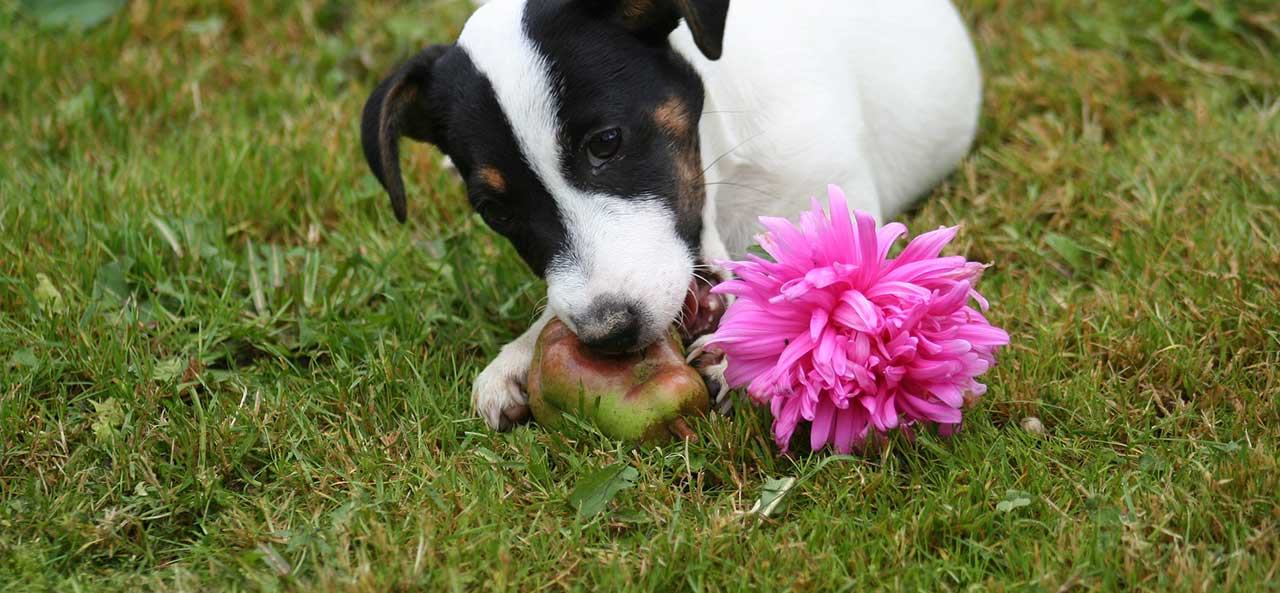There are many benefits of a vegan diet for your dog. The facts are hard to dispute on how humans can benefit from leading a healthy lifestyle through veganism. A diet that doesn't include meat and animal products can lead to a healthier way of life. Because of this, dog owners have considered feeding their dog a vegan diet. This poses a question: Can my dog be vegan?
The answer to this isn't so straightforward. Carry on reading to better understand what nutrients your dog needs and how an vegan diet may or may not benefit them.
Recently, there have been many debates as to whether dogs are carnivores, omnivore or something in-between. Hills Pets recently conducted some research that suggested dogs have several qualities that are omnivore; that is:
Their ability to digest majority of the carbohydrates they eat
Their intestine that occupies around 23% of the total gastrointestinal volume. This is the same with other omnivores! Carnivores, like cats, have smaller intestines.
A dogs body is able to create nutrients, like vitamin A from betacarotene that's found in plants.
Looking into this further you can begin to understand that dogs are able to obtain their essential nutrients from plants as well as animal proteins.
Further research concludes that's there are two main reasons as to why dogs go vegan and these generally are:
- The dog has a food allergy
- The dog owners have personal ethics


Typically, a dog that suffers from food allergies is sensitive to specific proteins found in animal products. Eliminating these animal products can improve their health as long as this is monitored professionally by their vet and they're provided with a replacement which is specially formulated to provide the essential nutrients.
- Rice
- Lentils
- Quinoa
- Vegetables including broccoli, carrots, potatoes etc.
- Leafy greens like spinach and kale
Before rushing to feed your dog vegan, you must do your research fully and consult with your vet. It is important that your dog still gets their daily nutrients which include vitamins, minerals and amino acids. There are helpful websites that can assist in vegan dog foods.
Potential health problems for vegan dogs
As previously explained you should always consult your vet before changing your dog's diet. It is often hard for dog owners who hold strong connections with cruelty against animals and leading a lifestyle that doesn't include meat and meat-based products. As challenging as this can be you shouldn't neglect your dog's health because of your lifestyle choice.
Listed below are a few helpful tips on keeping your dogs diet is humane, sustainable and of course, health:
- Introduce vegan dog treats that consist of high-quality ingredients that help support the cause and are humane
- Make your own dog food from trusted organic meat suppliers and quality vegetables
- Buy quality pet food from trusted suppliers that support sustainable farming policies
Researching and preparing your dog's food correctly, can lead to a healthy, happier lifestyle for both you and your dog. Dogs are prone to allergies, so focusing clearly on their diet can help improve this. Just remember to consult the professionals before implementing any changes.




